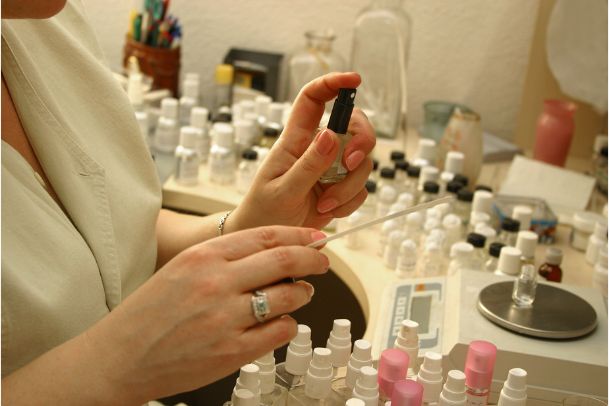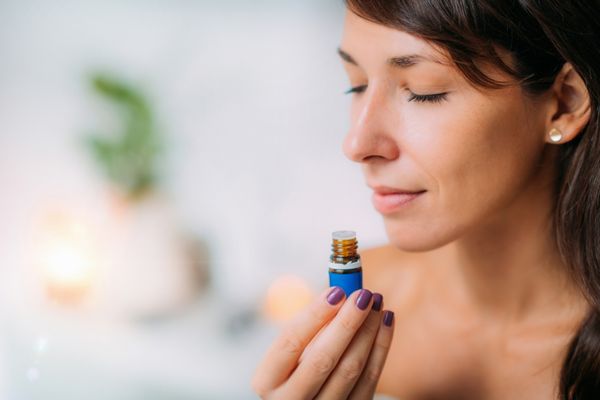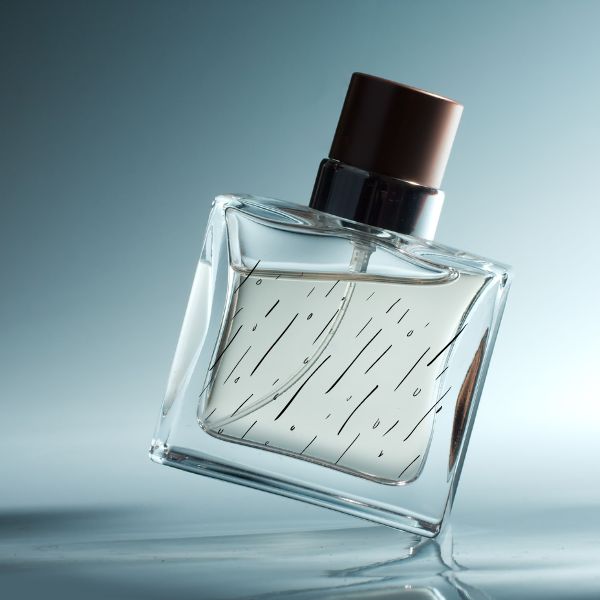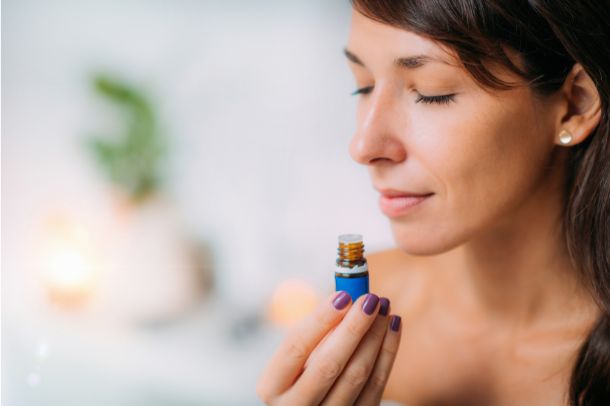Do you ever get a whiff of the sweet smell in the air after a thunderstorm and wish you could bottle it up? Well, the answer might surprise you – petrichor, as the scent is known, can be made at home!
The petrichor smell has been around for centuries and is the pleasant aroma that often follows rainfall. It’s created by natural oils secreted from plants, along with some bacteria and fungi.
In this article, we’ll cover the basics of petrichor and how you can recreate it in your own home. Let’s get started!
Petrichor Smell of Rain: At a Glance
Before we get to the petrichor-making process, let’s review what petrichor is. The word petrichor is derived from “petros,” the Greek word for “stone,” and “ichor,” which means “the fluid that flows through the veins of Greek gods.” The term was coined in 1964 by the scientist Richard Grenfell Thomas.
When it comes to petrichor – the pleasant, earthy smell that often follows a rainfall – most of us immediately think of the rain itself. However, petrichor is actually made up of several different components that together create a unique aroma.
The two main components in petrichor are geosmin and ozone.
Geosmin is a chemical compound secreted by certain bacteria and fungi in soils. It is an attractant for earthworms and other organisms that help aerate the soil. Ozone is also produced after a thunderstorm when lightning splits oxygen molecules in the air – it gives petrichor its distinctive smell.
In addition to these two main components, the petrichor smell also contains plant oils and compounds created by Earth’s atmosphere, such as nitrogen dioxide, carbon dioxide, ammonia, and hydrogen sulfide.
All these ingredients combine to form petrichor’s unique odor, which has been described as sweet yet sharp with hints of woodsy or mossy notes.
Does Petrichor Smell Good?
So, does petrichor smell good? The answer is a definite yes! Petrichor has a pleasant, earthy aroma that can help to create a sense of calm and relaxation.
It’s often described as having an antiquated or nostalgic quality – like the smell of wet soil after a summer rain. This is likely because petrichor was around long before humans were.
The petrichor smell is also associated with the freshness of spring or summer and can evoke feelings of warmth and contentment. Plus, petrichor has a unique quality that can be hard to describe – it’s often described as being both sweet and sharp at the same time.
Ingredients Required to Make Petrichor Smell
Now that you know a bit more about petrichor, let’s cover the ingredients needed to make petrichor at home.
1. Geosmin
Geosmin is one of the primary ingredients in petrichor – it’s a chemical compound secreted by certain types of bacteria and fungi. Geosmin is perhaps the most crucial ingredient responsible for petrichor’s pleasant, earthy aroma.
While the petrichor smell may be pleasant, geosmin has a relatively unpleasant odor. So, make sure not to add too much of it!
There are several ways you can get geosmin for petrichor, including using soil from your backyard or buying it online. We recommend buying geosmin from reputable sources to ensure its high quality.
2. Floralozone
Since getting ozone from the atmosphere isn’t always feasible, floralozone is an excellent alternative. Floralozone is a fresh molecule that is a common ingredient in floral perfumes and petrichor-scented air fresheners.
Floralozone smells like fresh air and ozone and has a sharp, citrusy aroma. It’s often used to add petrichor’s unique sweetness to other scents. Floralozone is available online from perfume supply stores and aromatherapy retailers.
3. Dimethyl Sulfide
To make your homemade petrichor smell as realistic as possible, you’ll also need dimethyl sulfide (DMS). This sulfurous molecule helps recreate the unpleasant notes present in nature, so it’s essential for petrichor-related products.
Dimethyl sulfide is available from chemical supply stores and can be found in petrichor-scented candles, sprays, and air fresheners. However, be careful when using dimethyl sulfide – it has an unpleasant odor on its own and should be used in small quantities.
4. Terpenes
Terpenes are organic compounds in plants that are responsible for the natural smells of fruits, flowers, and herbs. The three terpenes we recommend for petrichor are myrcene, terpineol, and pinene. These three terpenes have a sweet, woodsy aroma that helps to enhance petrichor’s unique scent.
You can find terpenes online from retailers that sell essential oils and other natural products. Be sure to buy terpenes from a reputable supplier to ensure the quality is high.
Creating Your Own Petrichor Smell
Once you have all the necessary ingredients, creating a petrichor smell is relatively easy. The process involves combining these ingredients in a specific ratio to create petrichor’s unique aroma.
The most common petrichor scent recipe calls for 10 parts geosmin, 5 parts floralozone, and 2 parts terpenes. Depending on your preferences, you can play around with the ratios of each ingredient to get a petrichor scent that works best for you.
When preparing petrichor, you’ll want to start by mixing the geosmin and floralozone – these two components should make up roughly 75% of your petrichor mix. Once combined, gradually add the terpenes until the desired strength is reached.
Once all your ingredients are mixed, let the petrichor sit for 24 hours before use. This will give it time to fully blend and cure so that you can get the best possible petrichor results. Be sure not to expose petrichor to light or high temperatures, as this will degrade its quality over time.
Optionally, you can add some essential oils to petrichor to further enhance its scent. Popular petrichor scent enhancers include lavender, sandalwood, and jasmine. However, we recommend starting with the basic petrichor recipe before adding in any additional scents so that you can get a feel for the petrichor base scent first.
Wrapping Up
Want to bottle up petrichor’s unique scent? With the right ingredients and a bit of patience, you can now make petrichor smell anytime and anywhere! Not only is petrichor a great way to recreate that sweet summer rain aroma in your home, but it also makes for a perfect gift for nature lovers.
So if you ever want to spruce up your surroundings with petrichor’s unique scent, now you know how to make petrichor smell!













